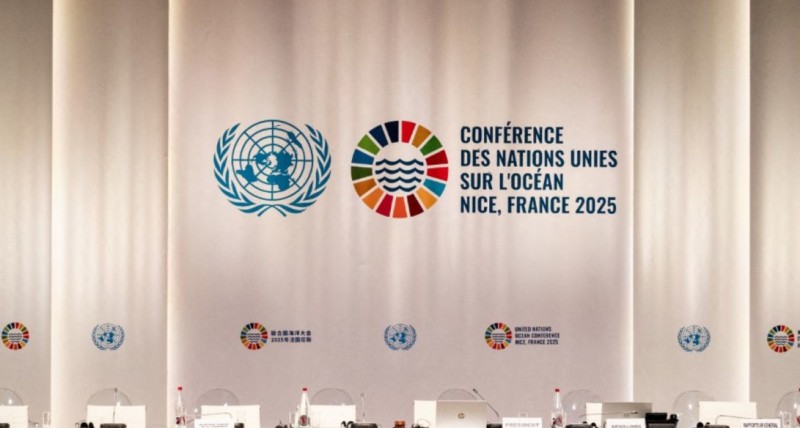Ships flying the Cameroonian flag are included in the “ghost fleet” which allowed Moscow to continue to sell its oil beyond the ceiling price decided by Western countries to punish Russia after the outbreak of the war in Ukraine. Yaoundé puts this situation, which provoked the reaction of the International Maritime Organization (IMO), down to its non-integration into the integrated global maritime intelligence system.
The activity of certain ships flying the Cameroonian flag is of concern to the International Maritime Organization (IMO). These boats are accused of being part of the fleet of “ghost ships” which allow Russia to export its oil and sell it at more than 60 dollars per barrel, thus violating the sanctions taken against Russia after the outbreak of the war in Ukraine. The IMO’s concerns were brought to the Cameroonian Minister of Transport, Jean Ernest Ngalle Bibehe, on March 14, 2024, by the United Kingdom High Commissioner to Cameroon, Barry Lowen. It must be said that the headquarters of the IMO is located in London, the capital of this country.
To understand, you should know that after the start of the war in Ukraine in February 2022, the G7 countries (United States, United Kingdom, Germany, France, Italy, Japan, Canada), the European Union (EU ) and Australia have decided to cap the price of a barrel of Russian oil at $60 to reduce oil revenues (and therefore military spending) of this country which they accuse of having invaded a sovereign state. To implement this, these countries have banned their shipping and insurance companies from accepting shipments of Russian oil whose price per barrel exceeds the set ceiling.
To circumvent these decisions, Moscow relies on an alternative fleet. Except that the IMO believes that this fleet is made up of “ghost ships”. This designation designates boats that do not comply with international regulations and best practices. They have no insurance and intentionally avoid inspections… Last December, the IMO General Assembly adopted a resolution urging Member States to ensure that the boats they register do not are not exploited as part of “ghost fleets” aimed at circumventing sanctions decided by the General Assembly or the United Nations Security Council.
According to the American economic information agency Bloomberg, out of 14 oil tankers flying the Cameroonian flag during the year 2023, 11 could be traced to Russian oil ports. Last January, The Maritime Executive reported that Cameroon had gained attention as a refuge country for the ghost fleet. “Historically, ships registered in Cameroon have been linked to other oil smuggling operations, notably in Iran and Venezuela,” wrote the journal specializing in maritime affairs.
Cameroon’s grievances
In a letter addressed to the Cameroonian port authorities, on January 2, 2024, the United Arab Emirates informed of the ban on navigation in its waters of vessels flying the Cameroonian flag. “The Ministry of Energy and Infrastructure, responsible for regulating the operations of foreign vessels in the waters and ports of the United Arab Emirates, (…) decided to include vessels registered under the flag state of “Republic of Cameroon” to the existing list of vessels of the restricted flag state calling in the waters and ports of the United Arab Emirates, unless they are classified by a member of the IACS (International Association of Shipping Societies) class. classification) or by the Emirates-Tasneef Classification Society,” write the Emirati authorities. Accordingly, the UAE Ministry of Energy said, UAE shipping companies and shipping agents are requested not to provide services to vessels that do not comply with this circular in order to avoid legal liability.
“Cameroon has always reacted immediately to the information made available to it on the vessels identified as at fault and, after verification, deregisters these vessels,” reacted the director of maritime affairs and waterways of the Cameroonian Ministry of Transport. According to Jean Nlend, the difficulty is that Cameroon is still not integrated into the global integrated maritime intelligence system (Gisis, in English), despite the “enormous efforts” deployed so far. “This gap makes Cameroon unable to track ships marked in red zones,” said Jean Nlend. This is why Cameroon requested help from the United Kingdom for its integration into this system. Gisis is a database that came into force on March 1, 2006. It provides access to a set of information relating to international maritime navigation.



